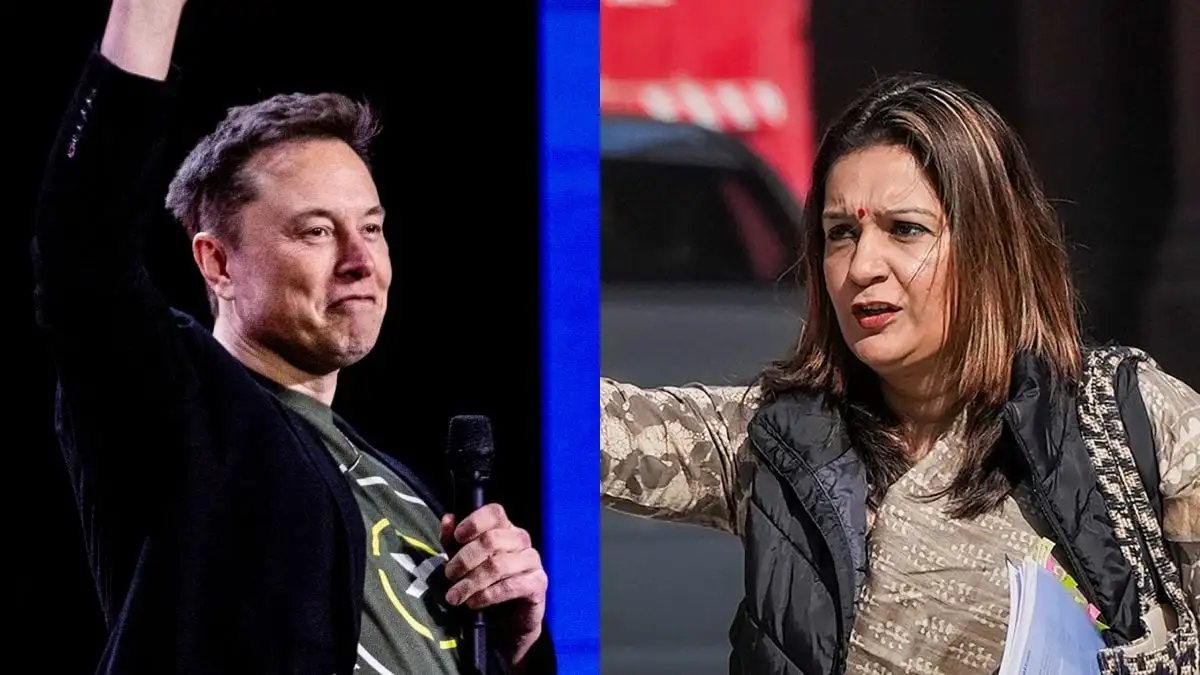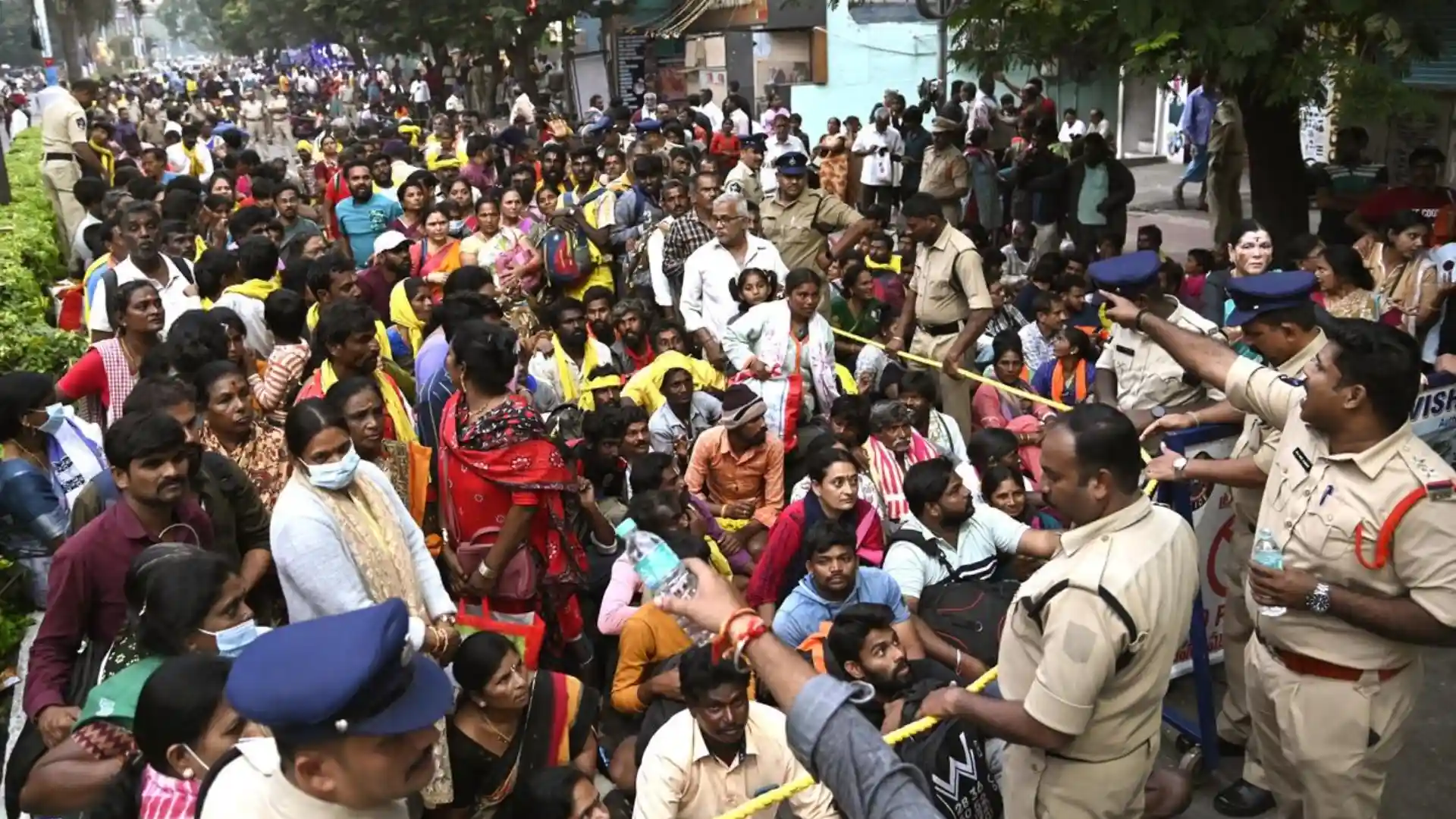The Supreme Court of India, on Wednesday, expressed concerns over the prolonged incarceration of former West Bengal minister Partha Chatterjee, who has been in jail for over two years without a trial. The bench, led by Justices Surya Kant and Ujjal Bhuyan, questioned the Enforcement Directorate (ED) on how long it could keep Chatterjee in custody, considering the fact that his trial has yet to commence.
Chatterjee, who was arrested in July 2022, faces serious charges of money laundering and corruption related to irregularities in the recruitment of academic staff for primary schools in West Bengal. The ED has accused Chatterjee and his associate, Arpita Mukherjee, of being involved in a large-scale scam, using their influence to recruit teaching and non-teaching staff illegally. Despite being held for more than two years, Chatterjee’s trial has not yet begun, and the case still includes 183 witnesses and multiple prosecution complaints.
Concerns Over Prolonged Jail Stay
The Supreme Court bench noted that the prolonged detention without trial raises significant questions, especially since the charges involve lengthy proceedings. Justice Surya Kant remarked, “What will happen if we don’t grant bail? The trial is yet to commence. The trial will take time.” The court further noted that, despite the seriousness of the charges, it is not justifiable to continue keeping someone in jail for such an extended period before the trial begins, particularly when the trial process could take years due to the number of witnesses involved.
The bench also stressed the issue of balancing the rights of the accused with the need for justice, stating, “How to strike a balance in such a case?” These remarks highlight the tension between the legal principle of presumption of innocence and the need for the ED to ensure justice in cases of corruption and money laundering.
MUST READ: I’ll Take Over Maharashtra CM Duty If Picked For The Job, Decision Soon’, Says Devendra Fadnavis
Questioning the ED’s Conviction Rate
In addition to the concerns over Chatterjee’s prolonged detention, the court raised questions about the ED’s conviction rate in money laundering cases. The bench queried Additional Solicitor General (ASG) S V Raju, who was representing the ED, on the low conviction rate in such cases. “What is your conviction rate? Even if the rate is 60-70 per cent, we can understand. But it is very poor,” the bench noted, underscoring concerns about the ED’s ability to secure convictions despite the severity of the charges it brings forward.
This inquiry by the Supreme Court brings to light the broader issue of the ED’s effectiveness in prosecuting money laundering cases. With the public eye increasingly focused on high-profile corruption cases, the ED’s conviction rate has been a point of contention, especially when suspects remain in custody for extended periods without a trial.
The Argument for Bail
Representing Chatterjee, senior advocate Mukul Rohatgi highlighted the hardships his client has endured during his detention. Rohatgi pointed out that Chatterjee has already served more than one-third of the maximum punishment under the Prevention of Money Laundering Act (PMLA), which can extend up to seven years of imprisonment. Given that the trial had not even begun, Rohatgi argued that it would take a significant amount of time for the case to be concluded, considering the 183 witnesses and four supplementary prosecution complaints.
Rohatgi further stressed that Chatterjee is facing medical issues, which are exacerbated by his prolonged detention. He urged the Supreme Court to consider granting bail to Chatterjee, noting that the delay in the trial process was unfair and unnecessary.
ED’s Opposition and Concerns of Tampering with Evidence
On the other hand, ASG S V Raju opposed the bail plea, stating that the case involved “rampant corruption” and that Chatterjee, if granted bail, could use his influence to tamper with evidence or intimidate witnesses. Raju argued that Chatterjee’s continued detention was necessary to prevent any interference with the ongoing investigation and to ensure the integrity of the trial.
The Supreme Court bench, however, asked Rohatgi to submit more details regarding the custody Chatterjee has undergone in the connected CBI cases, which may provide further context for the ongoing legal process. The case was adjourned to December 2, when further deliberations will take place.
Chatterjee’s Previous Bail Denial
Before moving to the Supreme Court, Chatterjee’s plea for bail was rejected by the Calcutta High Court in October. The ED had arrested Chatterjee and his aide, Mukherjee, following the discovery of a money trail linked to the illegal recruitment activities in West Bengal’s primary schools. The high-profile nature of the case and the scale of the alleged corruption have kept it under public scrutiny.
As the case continues to unfold, the Supreme Court’s questioning of the ED on both the conviction rate and the extended detention of Chatterjee signals growing concern over the fair and timely handling of high-profile corruption cases. The court’s decision on Chatterjee’s bail could set an important precedent for how the judicial system handles prolonged detentions in cases where the trial has yet to begin.
In the coming days, more clarity will emerge on how the court balances the interests of justice, the rights of the accused, and the need to maintain integrity in prosecuting corruption and money laundering offenses.
ALSO READ: Temples Vandalised As Tensions Soar After Hindu Priest’s Arrest In Bangladesh | EXPLAINED



















